

25 men and 25 women will compete in the first Olympic 10K open water swim race on August 20-21, 2008. But, the history of open water swimming at the Olympics goes back 112 years.
At the Athens Olympics, on April 11th 1896, four swim races were held in the Bay of Zea in the Aegean Sea: a 100-meter race, a 500-meter race, a 1200-meter race and a special race only for Greek sailors. Reportedly, 20,000 spectators were said to have watched the four events off the Piraeus coast.
According to Allen Guttmann in his book The Olympics: A History of the Modern Games, Alfred Hajós of Hungary, the gold medalist in the 100 and 1200, described his races as, "I won ahead of the others with a big lead, but my greatest struggle was against the towering twelve-foot waves and the terribly cold water."
In April, the ocean water was 50°F (or 10C°). Due to the cold water, Hajós covered his body with a thick half-inch layer of grease. The swimmers were taken to the starting point in a boat and told to head towards shore. Upon winning the 1200, Hajós said, “My will to live completely overcame my desire to win.”
At the 1900 Paris Olympics, seven swimming events (men only) were held in the Seine River, including the 200-meter freestyle, 200-meter backstroke, 400-meter freestyle, 4000-meter race, 60-meter underwater, 200-meter team and 200-meter obstacle (where the athletes climbed a pole and then swim over and under a row of boats). On the positive side, the swimmers benefitted from swimming downstream with the strong currents of the Siene River.
Although the open water athletes at the Beijing Olympics athletes will not face 10°C water, heavy surf or boats as obstacles, they will have to face other challenges ranging from very warm water conditions and aggressive pack swimming to a frantic finishing sprint and feeding strategies reminiscent of pit stops during car races.
Copyright © 2008 by World Open Water Swimming Association


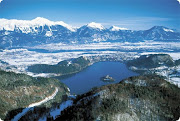
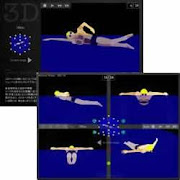
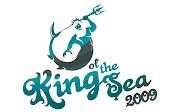



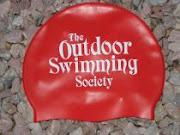




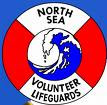
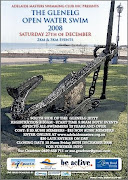





No comments:
Post a Comment